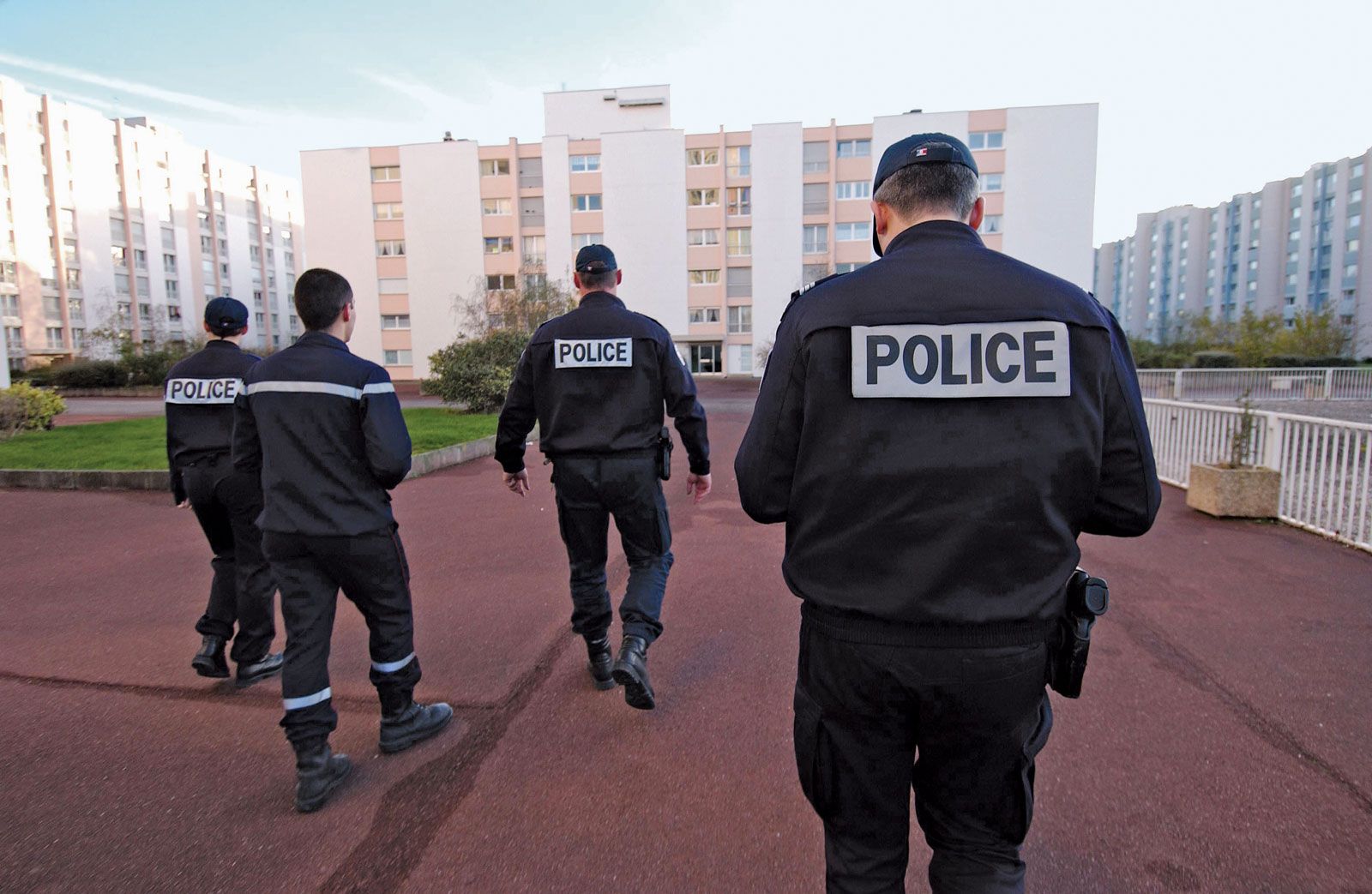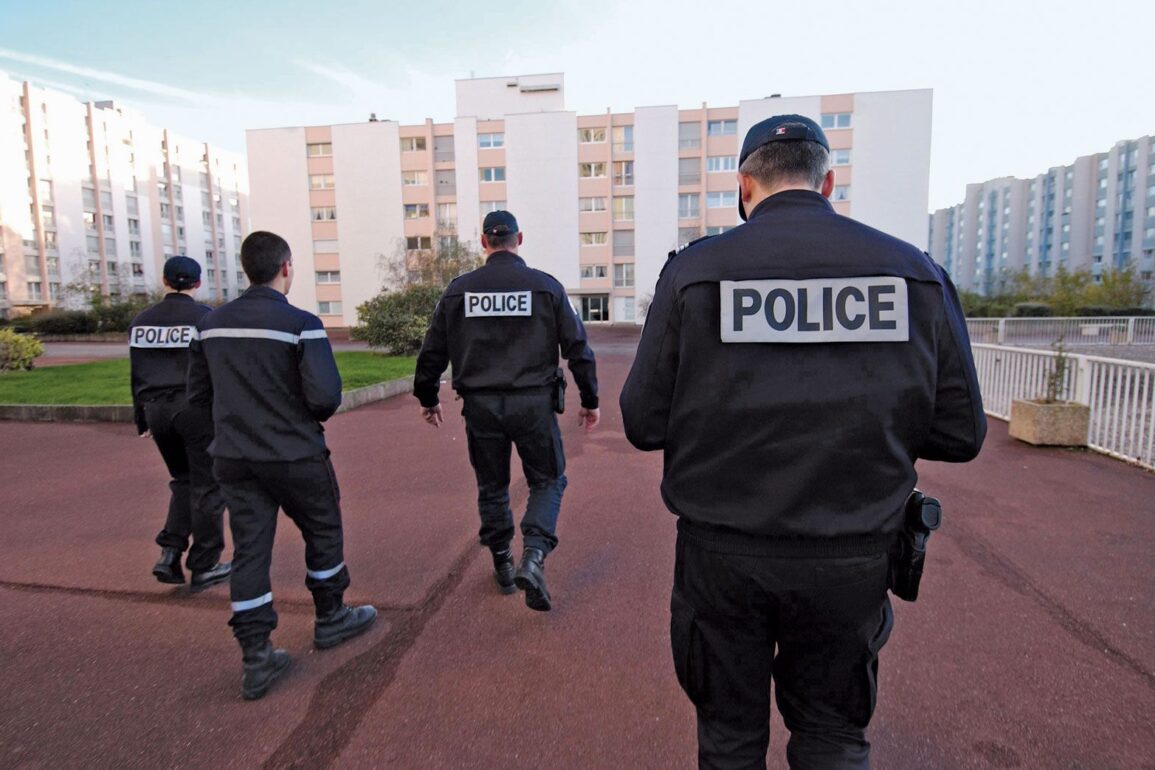Table of Contents
Table of Contents
- Byname of:
- International Criminal Police Organization
Interpol, intergovernmental organization that facilitates cooperation between the criminal police forces of more than 180 countries. Interpol aims to promote the widest-possible mutual assistance between criminal police forces and to establish and develop institutions likely to contribute to the prevention and suppression of international crime. Headquartered in Lyon, France, it is the only police organization that spans the entire globe.
Organization and functions
Interpol concentrates on three broad categories of international criminal activity: terrorism and crimes against people and property, including crimes against children, trafficking in human beings, illegal immigration, automobile theft, and art theft; economic, financial, and computer crimes, including banking fraud, money laundering, corruption, and counterfeiting; and illegal drugs and criminal organizations, including organized crime. Interpol’s day-to-day operation is managed by a General Secretariat under the direction of a secretary general, who is appointed for a five-year term by the General Assembly. The General Assembly, consisting of one delegate from each member country, is Interpol’s supreme decision-making body. An Executive Committee of 13 members, each representing a different region of the world, is appointed by the General Assembly at its annual meeting. The Executive Committee oversees the implementation of decisions made by the General Assembly and supervises the work of the secretary general.
Each member country has a domestic clearinghouse—called the National Central Bureau, or NCB—through which its individual police forces may communicate with the General Secretariat or with the police forces of other member countries. Interpol relies on an extensive telecommunications system and a unique database of international police intelligence. Each year, Interpol’s telecommunications staff handles millions of messages in the organization’s four official languages: Arabic, English, French, and Spanish. An automatic search facility, introduced in 1992, allows specially equipped NCBs to search a large database of information; search results are automatically sent in the language of the query. A system known as I-24/7, introduced in 2003, provides NCBs with quick access to a wide variety of data, including fingerprints, DNA records, watch lists of criminal suspects and persons wanted for questioning, and lists of stolen identification documents.

More From Britannica
police: International police organizations
In contrast to the image occasionally conveyed on television and in the movies, Interpol agents do not make arrests, a practice that would unacceptably infringe on the national sovereignty of member countries. Instead, the organization, at the request of NCBs, sends out “red notices,” based on warrants issued by member countries, calling for the arrest and extradition of specific individuals. Interpol also issues other “coloured” notices: yellow to help locate missing persons, blue to collect information on illegal activities or on an individual’s identity, black to request information needed to identify a body, green to warn agencies about criminals from one country who may commit additional offenses in other countries, and orange to warn law-enforcement agencies of dangers from bombs and other weapons.
History
Interpol traces its history to 1914, when a congress of international criminal police, attended by delegates from 14 countries, was held in Monaco. In 1923, following a significant increase in international crime that particularly affected Austria, representatives of the criminal police forces of 20 countries met in Vienna and formed the International Criminal Police Commission (ICPC) that year. The ICPC’s headquarters were established in Vienna, and the head of the Vienna police, Johann Schober, became the organization’s first president. The ICPC flourished until 1938, when Nazi Germany annexed Austria; the ICPC’s records were subsequently relocated to Berlin. The outbreak of World War II effectively ended the ICPC’s activities.
After the war the ICPC accepted an offer from the French government of a headquarters in Paris together with a staff for the General Secretariat consisting of French police officials. The ICPC was thus revived, though the loss or destruction of all its prewar records required that it be completely reorganized. In 1949 the ICPC was granted consultative status by the United Nations. From 1946 to 1955 its membership grew from 19 countries to 55. In 1956 the ICPC ratified a new constitution, under which it was renamed the International Criminal Police Organization (Interpol). The organization moved to its present headquarters in Lyon in 1989.
Interpol was at first mainly a European organization, drawing only limited support from the United States and other non-European countries (the United States did not join the ICPC until 1938). Under the leadership of French Secretary General Jean Népote (1963–78), Interpol became increasingly effective. By the mid-1980s the number of member countries had risen to more than 125, representing all of the world’s inhabited continents; by the early 21st century membership had surpassed 180.
In the 1970s the organization’s ability to combat terrorism was impeded by Article 3 of its constitution—which forbids “intervention or activities of a political, military, religious or racial character”—and by a 1951 resolution of the General Assembly that defined a “political” crime as that whose circumstances and underlying motives are political, even if the act itself is illegal under criminal law. One source of these obstacles was removed in 1984, when the General Assembly revised the interpretation of Article 3 to permit Interpol to undertake antiterrorist activities in certain well-defined circumstances.
Interpol was reorganized in 2001 following the September 11 attacks on the United States. The new post of executive director for police services was created to oversee several directorates, including those for regional and national police services, specialized crimes, and operational police support.
This post was originally published on this site be sure to check out more of their content.









